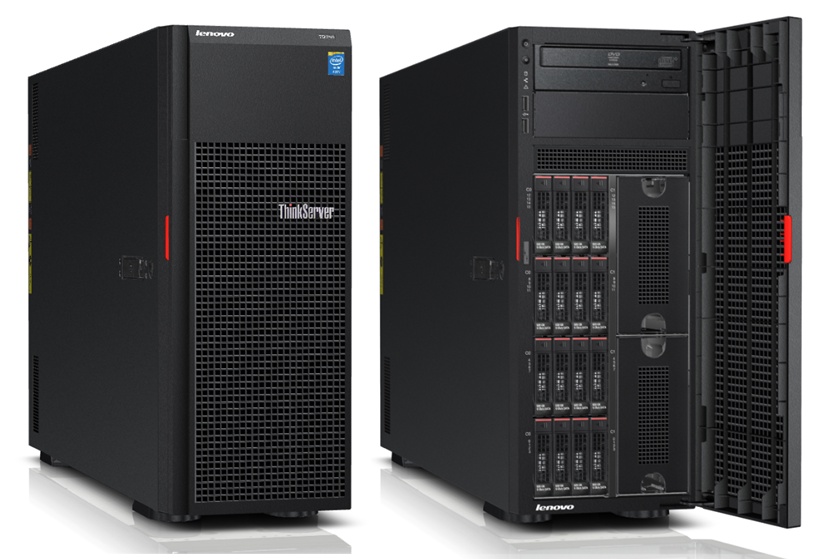What is a tower server?
A tower server is a type of computer that is designed for use as a server. It is called a "tower" server because it is typically housed in a tall, vertical case that resembles a tower.
Tower servers are typically used in small to medium-sized businesses, as they offer a good balance of performance, expandability, and affordability. They are also used in home and personal environments where a full rack-mounted server is not necessary.
Tower servers can be used for a variety of purposes, including file and media serving, web hosting, and running business applications. They can be equipped with a variety of operating systems, including Windows Server, Linux, and others.
What is the difference between servers and PCs?
Servers and personal computers (PCs) are similar in many ways, as they both use the same types of hardware and can run many of the same types of software. However, there are some key differences between the two:
- Purpose: The primary difference between servers and PCs is the purpose for which they are designed. Servers are designed to provide services to other computers and devices on a network, while PCs are primarily intended for use by a single person.
- Reliability: Servers are generally built with a higher level of reliability in mind, as they are expected to run continuously and be available to serve multiple users at the same time. PCs are designed with a lower level of reliability, as they are intended for use by a single person and may be shut down or restarted as needed.
- Performance: Servers are typically more powerful than PCs, with faster processors and more memory, in order to handle the demands of serving multiple users simultaneously.
- Scalability: Servers are designed to be easily expandable, with multiple expansion slots and the ability to add additional hardware as needed. PCs are generally not as easily expandable and may require more extensive modifications to add additional hardware.
- Cost: Servers are generally more expensive than PCs due to their higher level of performance and reliability.
Overall, the main difference between servers and PCs is the purpose for which they are intended. Servers are designed for use in a networked environment and are optimized for reliability and performance, while PCs are primarily intended for use by a single person and are optimized for cost and ease of use.
Who would prefer using a tower server?
Tower servers are typically preferred by small to medium-sized businesses and organizations, as well as individuals who have a need for a powerful and expandable server but do not have the space or budget for a rack-mounted server.
Some of the characteristics that make tower servers a good choice for these users include:
- Affordability: Tower servers are generally less expensive than rack-mounted servers, making them a more cost-effective option for small businesses and organizations.
- Flexibility: Tower servers are more flexible than rack-mounted servers, as they can be placed on a desk or other flat surface and can be easily moved if necessary.
- Expandability: Tower servers often have more expansion slots and ports than desktop computers, allowing for the addition of more hardware as needed.
- Ease of use: Tower servers are generally easier to set up and maintain than rack-mounted servers, making them a good choice for users who are not as familiar with server hardware and software.
Overall, tower servers are a good choice for users who need a powerful and expandable server but do not have the space or budget for a rack-mounted server. They are well-suited for small to medium-sized businesses and organizations, as well as individuals who need a server for personal use.


No comments yet